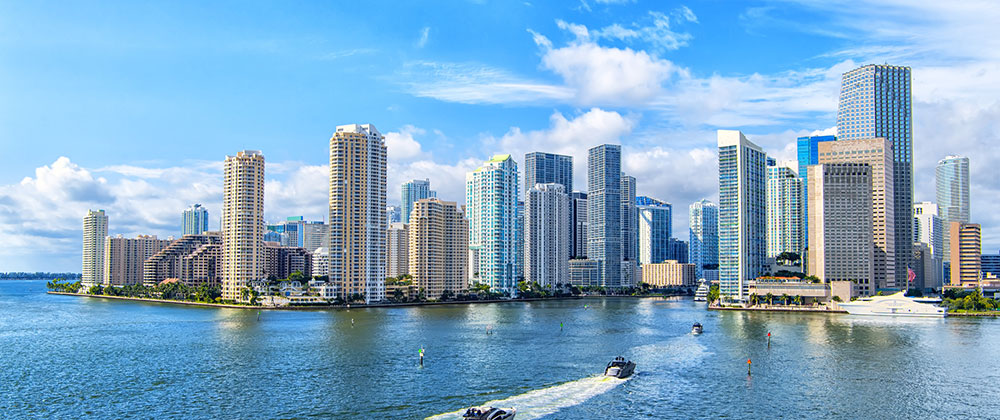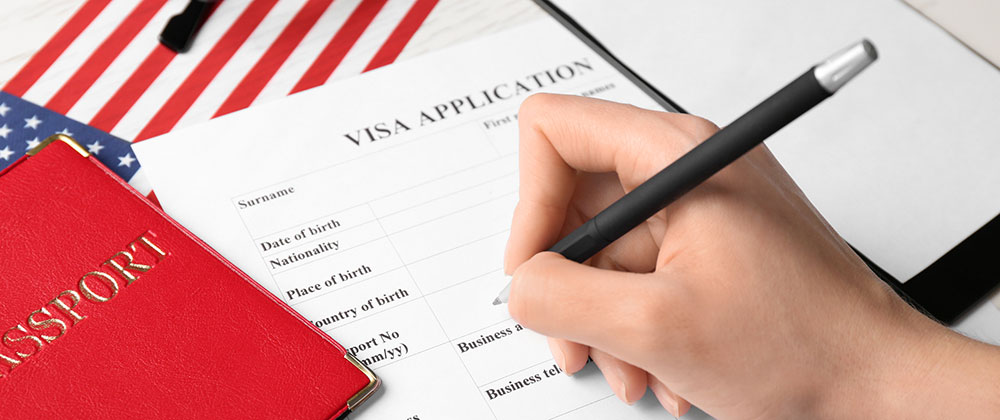As one of the latest measures implemented to ease some of the restrictions the United States has in place on Cuba, comes the news that chartered flights to and from Cuba will now be allowed to take off and land at eight new airports in the U.S.
This will be sure to make it more convenient for those who are allowed to travel to Cuba, particularly those who wish to visit family there. Federal authorities have cleared the following airports for handling these flights: Baltimore-Washington, Hartsfield-Jackson in Atlanta, O’Hare in Chicago, Dallas/Fort Worth, New Orleans, Pittsburg, Tampa and San Juan. Previously the only airports that were allowed were located in Miami, New York and Los Angeles. However, there are still no commercial flights allowed to Cuba since the U.S. still restricts travel to the country. Only people who have religious, academic, journalistic or cultural reasons for traveling to the island are permitted to do so.
A few spokespersons for the Baltimore-Washington International airport say they already have charter companies who would like to take on passengers, but they will probably have to wait until the end of this year or the beginning of the next before they will be allowed to do so.
Apparently the reason for this is because the charter companies have to work with the U.S. and Cuban governments in order to get the necessary authorizations in place first. Even though Cuban authorities issue visas to travelers upon arrival to the island, they are advised to obtain the appropriate visa prior to departure, along with any authorizations that might be required by the Cuban authorities. And despite the fact that U.S. citizens are welcomed in Cuba, they are generally not allowed by U.S. authorities to visit Cuba, even if they travel by way of a third country. Those who travel to the country without authorization risk criminal prosecution as they return to the U.S.



